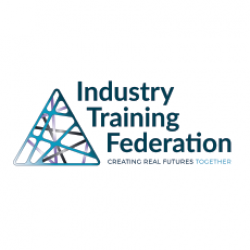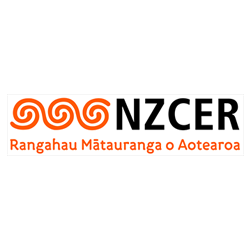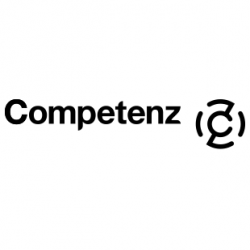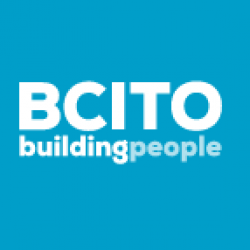
ITO workplace assessment structures
Status
Completed: 11 May 2010
Project Details
A project to examine the structures and processes Industry Training Organisations (ITOs) use to support and manage workplace assessment and assessors. A collaboration involving the Industry Training Federation, New Zealand Council for Educational Research, Retail Institute, Competenz, Electro-Technology Industry Training Organisation, Building and Construction Industry Training Organisation and Careerforce.
Aims:
The aim of the project was to examine the role of assessment in workplace learning in New Zealand and overseas and develop a good practice guide about on-job assessment for ITOs.
Methodology:
The methodology of the research project featured:
- a literature scan that examined the role of assessment in workplace learning, international approaches to workplace assessment and the experiences of workplace assessors
- a survey of 33 ITOs and five focus groups with ITO representatives.
Team

Nicholas Huntington
Project leader
Industry Training Federation (ITF).
Dr Karen Vaughan
Project leader
New Zealand Council for Educational Research (NZCER)
Dr Neil Bechervaise
Retail Institute
Marie Cameron
New Zealand Council for Educational Research (NZCER)
Mary Kingsbury
Competenz
Ian Shepherd
Building and Construction Industry Training Organisation (BCITO)
Dr Dominic Madell
Electro-Technology Industry Training Organisation (ETITO)
Liz Stephenson
CareerforceStatus
Funding
$90,000.00 (excl GST)
Key Findings
- ITOs have trouble finding enough assessors with the right attributes and supporting them
- Training policies and practices impact upon the assessors ability to do their job effectively
- There are mixed views about verification of assessment
- Moderation plays a critical role.
Key Recommendations
Target investment in assessors more tightly | Reduce the assessor pool to manageable levels to make it more feasible to provide the training and ongoing professional development required or desired to develop and maintain assessor competency levels.
Develop career pathways for assessors | Consider the development of a career pathway within the industry for assessors and to recognise the combination of industry knowledge and skill, together with assessment knowledge and skill.
See assessment as part of workplace development | Use assessment and moderation to provide information such as whether trainees are achieving standards, and which standards are proving more difficult to assess. Also use them as part of the evidence base for how workplaces are building capability over time.
Address gaps in knowledge about assessment in the workplace | Research how assessment structures and practices support or constrain the completion of qualifications. Look to obtain a deeper understanding of the impact of training and assessment on achievement and motivation to learn and contribute to industry.
Adopt four principles of good assessment practice | 1: ITOs and workplaces should have a clear purpose for assessment and work together. 2: The ITO’s assessment structures and systems must support the learning process. 3: Good assessment requires appropriately recruited, trained and professionally developed people. 4: Moderation contributes to the validity and reliability of assessment decisions.
A report prepared for the Industry Training Federation Research Network by Karen Vaughan and Marie Cameron.
(PDF, 3.01 MB, 26-pages).
- 11 September 2009
A report prepared for the Industry Training Federation Research Network by Karen Vaughan and Marie Cameron.
(PDF, 2.56 MB, 36-pages).
- 14 March 2010
A report by Karen Vaughan and Marie Cameron, New Zealand Council of Educational Research.
(PDF, 4.12 MB, 24-pages).
- 14 March 2010